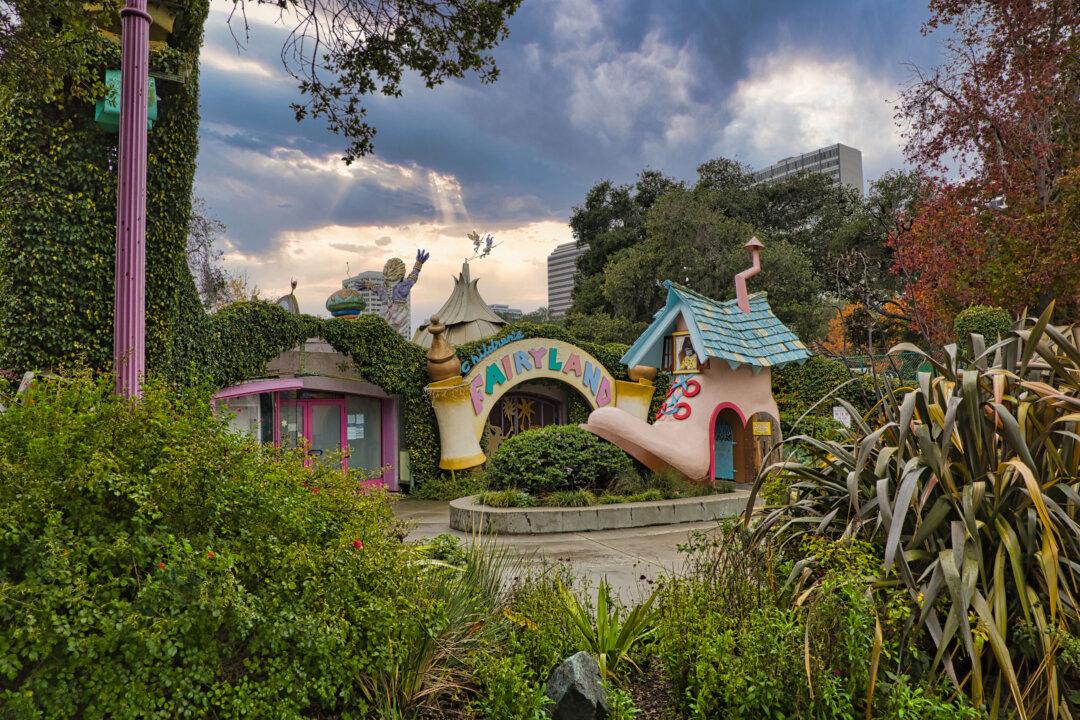SEATTLE — “Service sucks now.” It’s a phrase I’ve heard uttered a lot the past two years. When pressed, the person might say it was because service was slow or harried, there wasn’t enough — or too much — conversation, they felt ignored, or the server hovered too much.
To be fair, it’s been a rough two years. It’s been tough to figure out how to best support restaurants, and it’s been tough for restaurants to figure out how to operate while navigating shutdowns, rising costs, labor shortages and supply chain issues.
Even without a global pandemic throwing a wrench in how we feel about eating at a restaurant, going out to dinner has always been about more than just the food. And people are complicated. Deciphering what a person wants from an interaction during dinner and delivering on that successfully is what separates a good server from a great one. Service is what makes eating at a restaurant special for the diner. But what makes it special for the servers? What draws people to this career path and what makes them stay?
As restaurants continue to adapt and face challenges wrought by the pandemic, including labor and supply shortages and safety concerns, we will be examining, through a series of stories, the experiences of Seattle’s restaurant service workers, the challenges and rewards of serving in the Seattle restaurant scene, and their hopes for the rapidly changing industry.
Here, we spoke to four servers at five restaurants about what it takes to be a server and why they do what they do.
The Special Skills of Service
Read any Yelp review and there will be a line or two about the service — regardless of the level of service that is expected. “This review would’ve been much worse had it not been for Annie,” reads a review for a neighborhood Italian restaurant. “Our server (Josh) was very pleasant and professional, but we felt like we wanted a bit more conversation,” reads one for a posh dining room.
Diners ask so much of servers. Even if you’re reading this shaking your head, thinking “not me,” there is probably an unwritten list of conditions that must be met for you to walk away from an evening having totally enjoyed yourself.
There’s a well-worn idea between people in the hospitality industry that a restaurant needs to provide three things: service, food, atmosphere. People will keep coming back if you succeed at just two of them, but one of the two must be good service. Now, there isn’t a quick or easy definition of what “good” service is, or what it means to be a “good” server. But there are some guidelines.
“It’s being able to read people and have the skill to become — in front of the guests — what it is they want and what they expect. It’s a chameleonlike trait,” Kristen McAuley, server at Kirkland’s Cafe Juanita, says.
A server must anticipate needs and do it in an unobtrusive way. They must sell you on an experience, while making you forget the amount of money you’re spending. They must be quick to fix any mistake, efficient, anticipatory and forge a million tiny relationships every night — some of which turn out to be bigger relationships. And they’ve got to do it all while being questioned about why they even want to do the job.
If you’re a server at a fine dining restaurant — the list of skills is even longer. Plates should be placed on the right and cleared from the left of the guest, using a specific hand. Certain dishes might need to be finished tableside, and the entire menu and every dish’s components should be committed to memory. And while there is most likely a wine steward, a working knowledge of a wine list is expected.
Still, society struggles to see restaurant service as a legitimate career. And, while some wait tables as a temporary gig, others proudly dedicate decades to the art of service and develop expertise in a trade that is largely based on intuition and the ability to “read” people.
The ability to read people is important no matter the kind of restaurant you work at. But when it comes to eating at a “fancy” restaurant, the expectation from diners is that of a performance. Everything from the lighting and music to the interaction with the waitstaff is part of the act.
McAuley has worked at a lot of different types of restaurants, from cocktail bars to fine dining establishments like Cafe Juanita. Her favorite style of service is fine dining.
“The guests at Cafe Juanita are so fantastic. The reception of what we do and what Holly [Smith, chef and owner] provides — it’s almost like they’re thanking us, which is a really cool feeling,” McAuley says.
While there are “rules” to fine dining, McAuley says it’s ultimately about “what’s best for the guest in the moment,” even if that means breaking rules. Again, it’s a performance. As Mark Canlis once said, “The promise of Canlis is that it will be worth it, and that, no matter who you are, you will feel safe.”
But service looks different in different restaurants, whether it’s precisely placed forks and waiters with napkins draped carefully over their forearms or a waiter who sits down next to you to take your order and winks when you take her suggestion to trade the fries for the tots. Like with any job, where you want to work depends on the kind of server you want to be.






